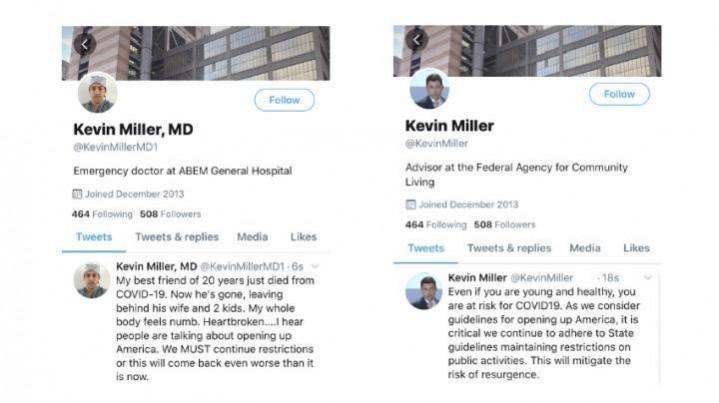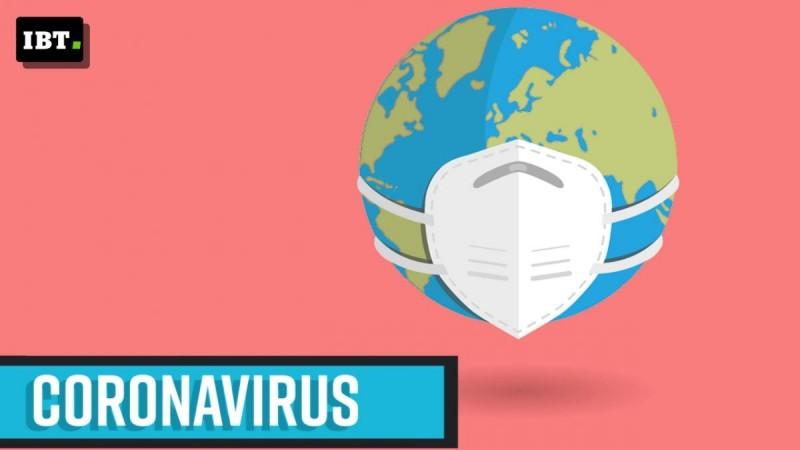A quick study of videos put out by healthcare officials early during the Covid-19 pandemic found that they yielded no positive effect among the social media users, especially owing to the massive number of misinformation or fake messages.
Passionate first-person pleas from nurses and doctors asking for the public to realize how bad the COVID-19 pandemic has gotten, and urging them to wear masks and maintain social distancing to stem the spread of coronavirus have been seen and shared by many on social media. But do these first-person posts from the heart actually have any effect?
Writing in the journal Academic Emergency Medicine, a team from the University of Michigan said their study included more than 2,000 people, randomly chosen and they were shown one of four simulated Twitter posts by a fictional emergency physician or a fictional public agency official and rate them in terms of effectiveness, and viability to share them.

Lead author Rachel Solnick, an emergency physician at Michigan Medicine, U-M's academic medical center, says, "This is a challenging media environment, with a lot of misinformation and doubt about who to trust. Our study confirms that a personal perspective from someone who is seeing the pandemic's effects first-hand can be a trustworthy voice."
Simulated tweets
The study's simulated personal tweet from a federal official had little effect. It stated: "Even if you are young and healthy, you are at risk for COVID19. As we consider guidelines for opening up America, it is critical we continue to adhere to State guidelines maintaining restrictions on public activities. This will mitigate the risk of resurgence."
But the personal plea from a physician surpassed the impersonal plea from a federal official in perceived effectiveness, and the likelihood of its sharing, found the study. Essentially, the official tweet had a lesser impact on social media users than the personal appeal from a doctor.

All four simulated tweets had profile images that showed a relatively young white male. While Solnick and her colleagues had expected differences among respondents, there was no clear variation, which suggests that keeping politics out of personal tweets by health providers is advisable, because of the politicization of views on health threat.
"That's what has thwarted our efforts to help people believe that this pandemic is a real threat, so it's heartening to see that there's a chance that as emergency providers, we can talk to everyone," she says.
Highlighting the need to adhere to this kind of personal appeal, especially on social media platforms, she says it can change the beliefs of people who tend to misunderstand seeing too much misinformation.









